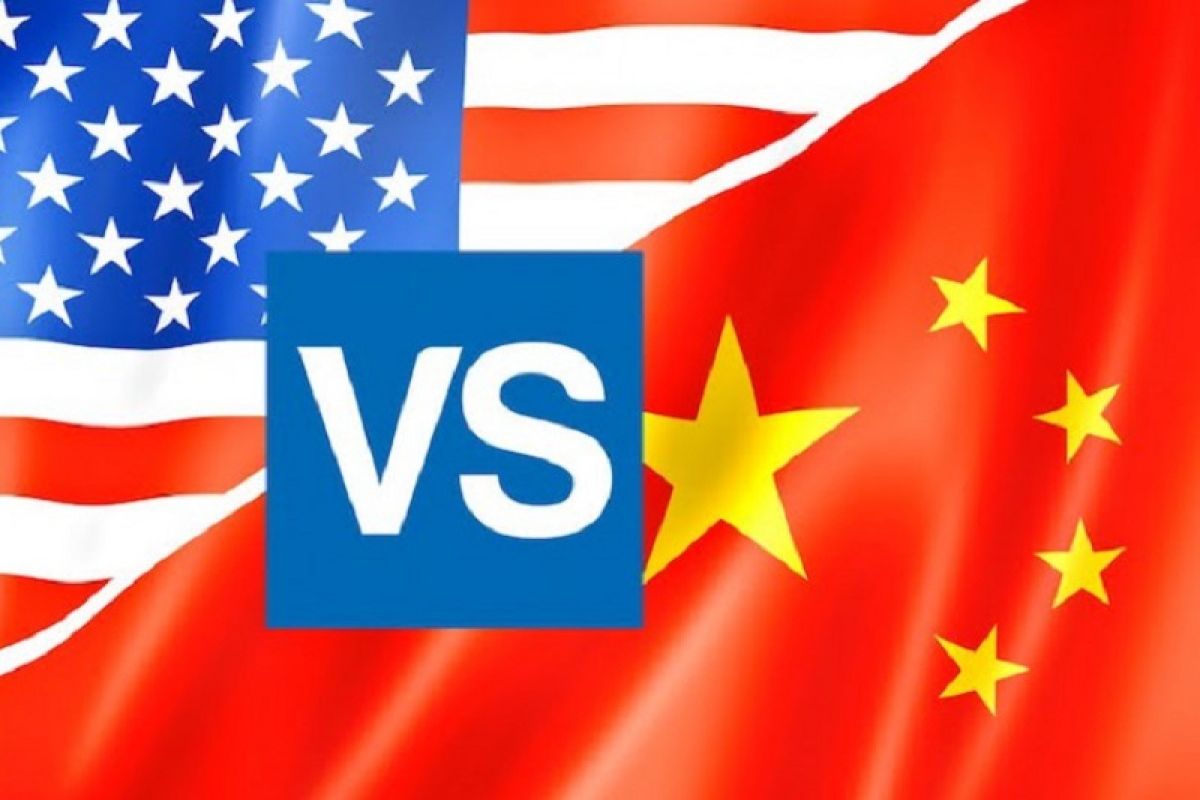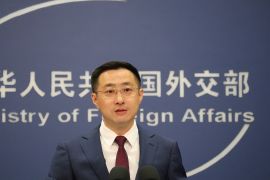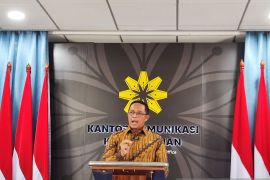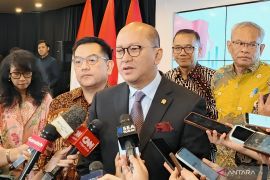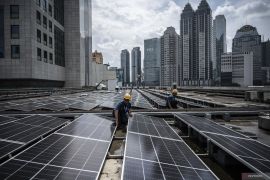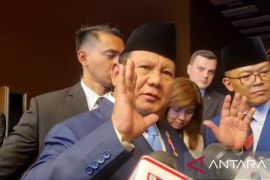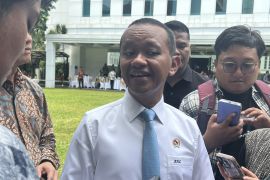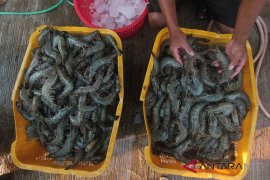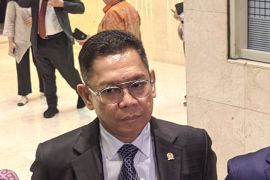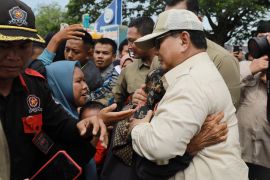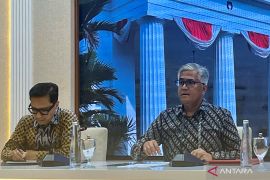"It is difficult to say when the trade war will end. The (US-China) negotiations cannot serve as a sign of the trade war abating," he said in a written statement released on Saturday.Jakarta (ANTARA) - Center for Indonesian Policy Studies (CIPS) researcher Assyifa Szami Ilman said it was hard to predict when the US-China trade war would end and that the Indonesian government should adopt an appropriate policy to anticipate and address its impact on the national economy.
"It is difficult to say when the trade war will end. The (US-China) negotiations cannot serve as a sign of the trade war abating," he said in a written statement released on Saturday.
On its part, the Indonesian government can temporarily and permanently loosen goods still subject to restrictions such as export duty to make them more competitive in the global market, he said.
However, Indonesia should also increase the sale value of the export goods, he said.
The government should provide incentives to business people wishing to export processed goods with a high sale value through a temporary or permanent tax allowance scheme, he said.
"The government needs to ensure that the export commodities are priced competitively in the international market and to consistently encourage the export of goods with higher sale value," he said.
Ilman said all this can be achieved by supporting the manufacturing sector.
On Friday, Reuters quoted US President Donald Trump as saying that the US-China trade negotiations are still going on, while the issue of US tariffs remained tentative depending on the outcome of the meeting.
Center for Indonesian Policy Studies (CIPS) researcher Assyifa Szami Ilman said it was hard to predict when the US-China trade war would end and that the Indonesian government should adopt an appropriate policy to anticipate and address its impact on the national economy.
"It is difficult to say when the trade war will end. The (US-China) negotiations cannot serve as a sign of the trade war abating," he said in a written statement released on Saturday.
On its part, the Indonesian government can temporarily and permanently loosen goods still subject to restrictions such as export duty to make them more competitive in the global market, he said.
However, Indonesia should also increase the sale value of the export goods, he said.
The government should provide incentives to business people wishing to export processed goods with a high sale value through a temporary or permanent tax allowance scheme, he said.
"The government needs to ensure that the export commodities are priced competitively in the international market and to consistently encourage the export of goods with higher sale value," he said.
Ilman said all this can be achieved by supporting the manufacturing sector.
On Friday, Reuters quoted US President Donald Trump as saying that the US-China trade negotiations are still going on, while the issue of US tariffs remained tentative depending on the outcome of the meeting.
EDITED BY INE
Translator: M Razi Rahman, Suharto
Editor: Fardah Assegaf
Copyright © ANTARA 2019
